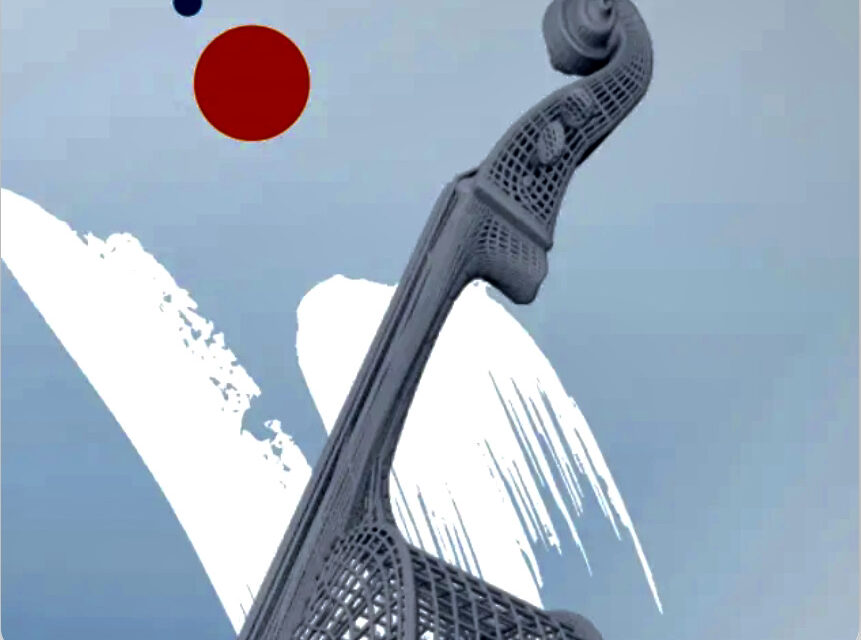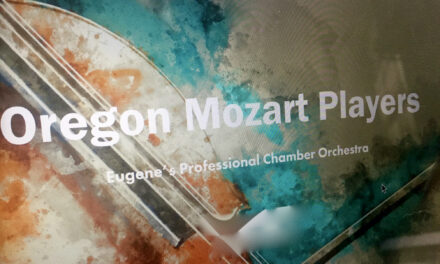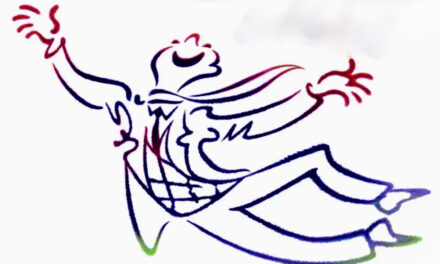(Above: Detail from cellist Oliver Herbert’s website, oliverherbertcello.com)
By Daniel Buckwalter
(#CommonManAtTheSymphony)
The cello, a majestic and throaty instrument that can reach the depths of the soul with soft elegance took center stage Feb. 1 at the Hult Center’s Silva Concert Hall.
In the end, it received its just ovation from a nearly packed house.
The occasion was the Eugene Symphony Orchestra’s performance first of Gioachino Rossini’s Overture to William Tell and later Antonín Dvořák’s three-movement Cello Concerto in B minor with guest cellist Oliver Herbert. Under the direction of Francesco Lecce-Chong, both pieces were masterfully done.
Between those two pieces was the stirring world premiere of Dreams of Flight, a symphony composed by Michael Djupstrom as part of the Eugene Symphony’s and Santa Rosa (California) Symphony’s joint First Symphony Project.
Yet the night belonged to the cello.
Yes, Rossini’s overture is known primarily as the theme song for the popular long-ago television series The Lone Ranger — and you always half-expect the Texas Ranger from the old American West and his Native American friend Tonto to burst forth and deliver justice when this music is played — but it begins softly, soulfully, with just a single cello, in this case Anne Ridlington, principal cellist of the Eugene Symphony.
She is joined by the other eight cellists, and soon the foundation is set for the galloping race (always on horseback) to the sweeping conclusion. It’s a fun way to open up a concert.
Concluding the concert was Herbert’s command performance of Dvořák’s Cello Concerto in B minor. I always find it fascinating to watch a cellist control the instrument as well as to listen to it. Be it with long melodic phrases or whiplash-like precision of quick and fierce phrases, watching a cellist at work is half the fun.
Herbert didn’t disappoint. A soloist, recitalist and chamber musician who was raised in San Francisco, Herbert made the 40-minute-plus piece feel crisp from start to finish. It was a treat to watch and listen to him.
Dreams of Flight invokes a dreamscape that incorporates water, air and land. It’s the third and final movement of the piece — an intense movement which Djupstrom likened to a child running at full speed off a cliff and flying — that I found the most interesting, and I will be interested to hear more music created by Djupstrom in the years to come.









